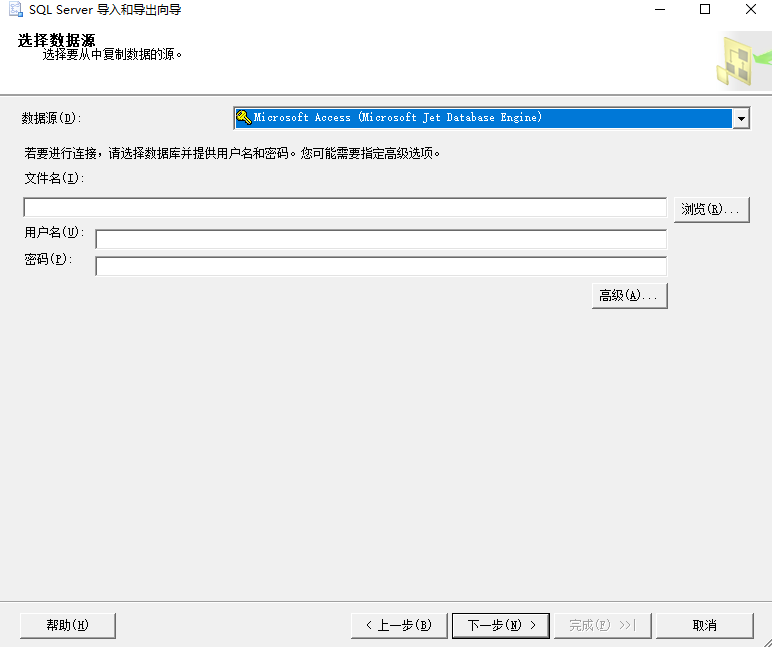I\'m using Python to open a text document:
text_file = open(\"Output.txt\", \"w\")
text_file.write(\"Purchase Amount: \" \'TotalAmount\')
text_file.close()
I want to enter the string called \"TotalAmount\" into the text document. Can someone please let me know how to do this?
text_file = open(\"Output.txt\", \"w\")
text_file.write(\"Purchase Amount: %s\" % TotalAmount)
text_file.close()
If you use a context manager, the file is closed automatically for you
with open(\"Output.txt\", \"w\") as text_file:
text_file.write(\"Purchase Amount: %s\" % TotalAmount)
If you\'re using Python2.6 or higher, it\'s preferred to use str.format()
with open(\"Output.txt\", \"w\") as text_file:
text_file.write(\"Purchase Amount: {0}\".format(TotalAmount))
For python2.7 and higher you can use {} instead of {0}
In Python3, there is an optional file parameter to the print function
with open(\"Output.txt\", \"w\") as text_file:
print(\"Purchase Amount: {}\".format(TotalAmount), file=text_file)
Python3.6 introduced f-strings for another alternative
with open(\"Output.txt\", \"w\") as text_file:
print(f\"Purchase Amount: {TotalAmount}\", file=text_file)
In case you want to pass multiple arguments you can use a tuple
price = 33.3
with open(\"Output.txt\", \"w\") as text_file:
text_file.write(\"Purchase Amount: %s price %f\" % (TotalAmount, price))
More: Print multiple arguments in python
If you are using numpy, printing a single (or multiply) strings to a file can be done with just one line:
numpy.savetxt(\'Output.txt\', [\"Purchase Amount: %s\" % TotalAmount], fmt=\'%s\')
If you are using Python3.
then you can use Print Function :
your_data = {\"Purchase Amount\": \'TotalAmount\'}
print(your_data, file=open(\'D:\\log.txt\', \'w\'))
For python2
this is the example of Python Print String To Text File
def my_func():
\"\"\"
this function return some value
:return:
\"\"\"
return 25.256
def write_file(data):
\"\"\"
this function write data to file
:param data:
:return:
\"\"\"
file_name = r\'D:\\log.txt\'
with open(file_name, \'w\') as x_file:
x_file.write(\'{} TotalAmount\'.format(data))
def run():
data = my_func()
write_file(data)
run()
With using pathlib module, indentation isn\'t needed.
import pathlib
pathlib.Path(\"output.txt\").write_text(\"Purchase Amount: {}\" .format(TotalAmount))
As of python 3.6, f-strings is available.
pathlib.Path(\"output.txt\").write_text(f\"Purchase Amount: {TotalAmount}\")
Easier way to do in Linux and Python,
import os
string_input = \"Hello World\"
os.system(\"echo %s > output_file.txt\" %string_input)
(OR)
import os
string_input = \"Hello World\"
os.system(\"echo %s | tee output_file.txt\" %string_input)
I think the easier way to do that is via appending the text you want to set to the file using
open(\'file_name\',\'a\')
here is an example for that
file=open(\'file\',\'a\')
file.write(\"Purchase Amount: \" \'TotalAmount\')
file.close()
\"a\" refer to append mood , it will append the text you want to write to the end of the text in the your file



